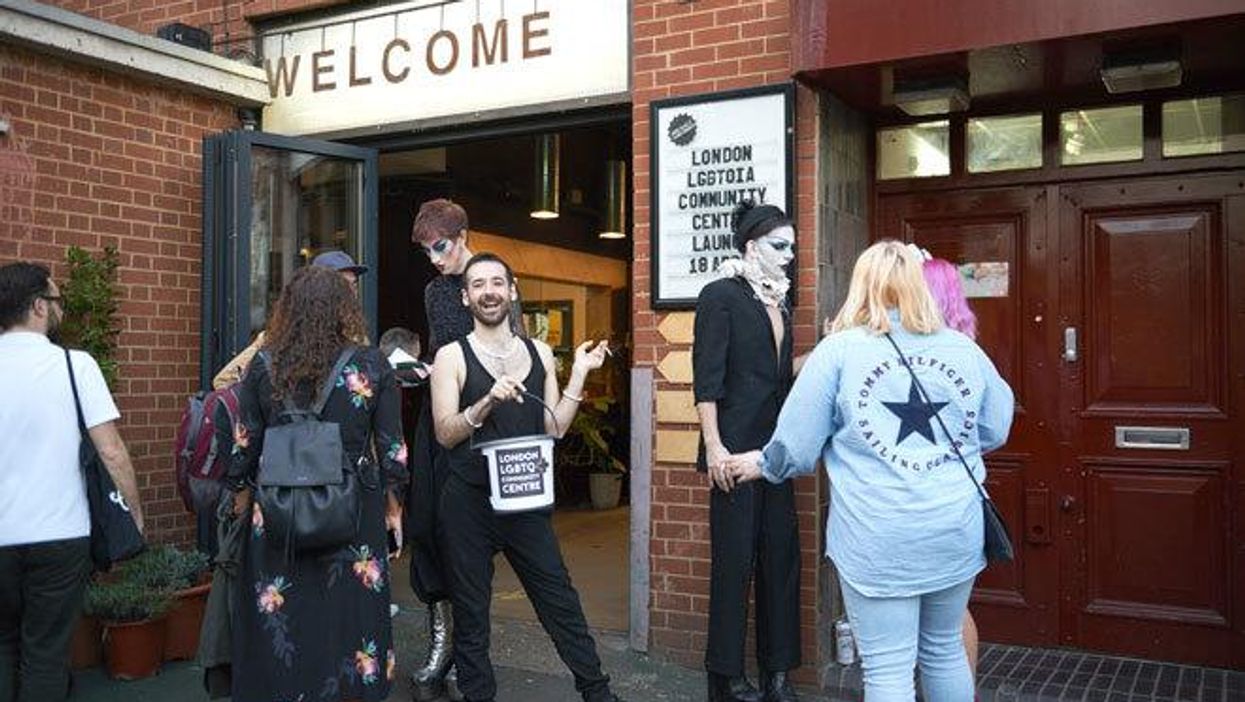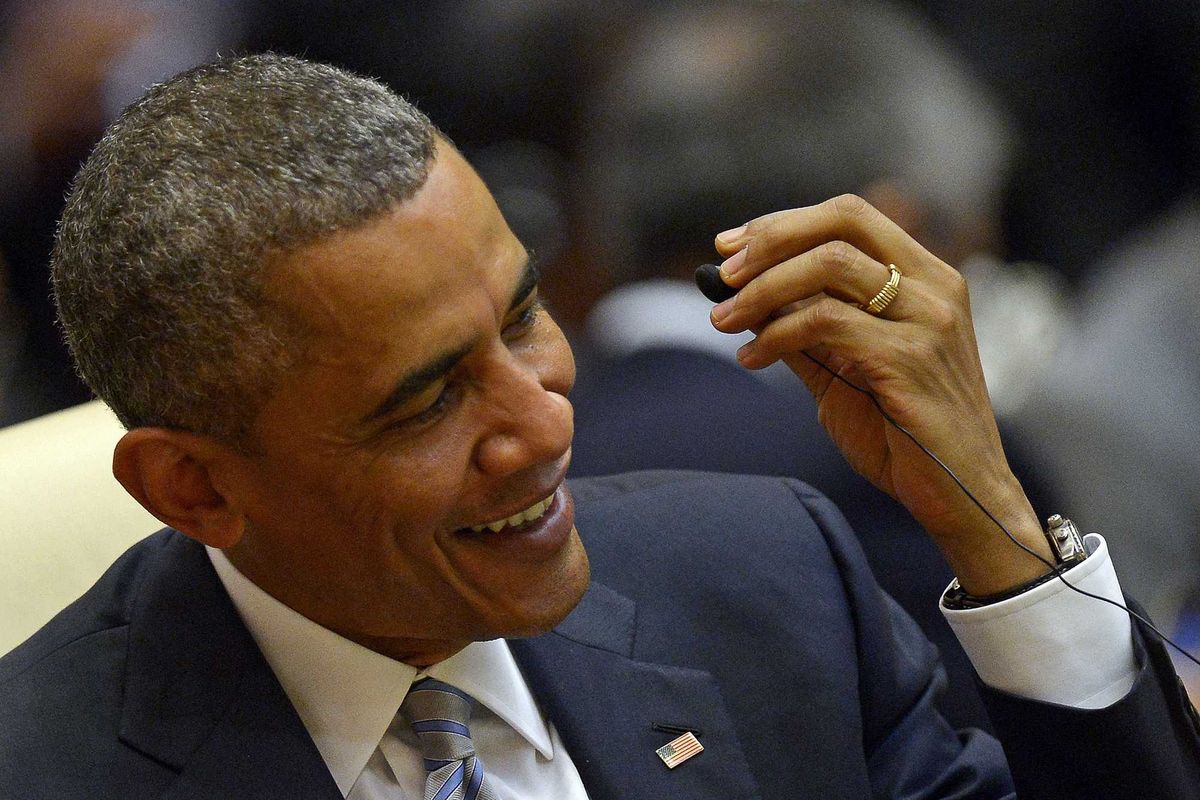News
Jake Hall
Jun 07, 2018
Over the last few months, a dedicated team of London-based activists and campaigners have fought tirelessly to crowdfund an LGBTQ+ Community Centre in East London.
Now, with days to spare, the financial target of £50,000 has been raised with the help of various fundraisers and vital support from high-profile influencers, actors and musicians.
But there's still more to be done to bring the centre to life; that's why a stretch target of £75,000 has been introduced.
Speaking to indy100, volunteer rep Georgia Whitaker expressed gratitude and highlighted that the campaign's success proves how vital the centre is:
The fact that we reached our target with days to spare just shows how necessary this project is, and if we get the stretch target it means our volunteer team can spend the new few months focussing on the operation and fit-out of the centre to bring this to life.
The amazing thing is that so many people have donated. Some people have donated a pound and some have donated over a thousand, but ultimately those donations are all equally important.
We really do just want to thank the LGBT+ community and its allies for actually putting their money into the cause and raising the funds for something that is so necessary.
The importance of the project can't be understated; statistics consistently show that the UK's LGBT+ community is at disproportionate risk of falling into poverty, being attacked or suffering mental health problems. With that in mind, volunteers behind the centre are also proposing a series of advice and clinical rooms, which would accommodate accessible counselling sessions and sexual health checkups.
But the centre will undeniably mean different things to different people.
For Jonny Dillon, a 24-year-old born in Manchester but now living in London, it means meeting role models, sharing experiences and uniting to help the most marginalised members of the LGBT+ community.
Being gay wasn't easy when I was growing up. It was something which I struggled to accept in myself and desperately tried to hide from my family and friends.
Had I had access to the Community Centre, a safe space where I would have been free to come to terms with my identity and meet the LGBT+ role models that were absent from my childhood, the process of coming out and accepting myself could have been made immeasurably easier.
It''s worth noting that the tragic AIDs epidemic wiped out almost an entire generation of activists and role models, meaning that many young LGBT+ people don't have older mentors to turn to.
"Having a strong LGBT+ community and a space where that community can congregate is important for so many reasons," continues Jonny. "To be able to learn from our elders, stand alongside our peers and help those less fortunate than ourselves is what the fight for the rights and representation of LGBT+ people is built on."
Although there isn't currently a community centre of this kind in London, there was once the equally crucial London Gay and Lesbian Centre in Farringdon.
Despite being a necessary meeting space, the centre was forced to close its doors in the early 1990s due to a lack of funding. Whitaker points out that focus has since shifted from daytime meeting places to nightlife and LGBT+ club culture:
The clubs haven't been a massive help to many of us who face homelessness, mental health issues and alcohol and drug dependency.
There's a perception that LGBT+ life is centred around going out and getting off our faces, but the reality is that we haven't been given the space we need to truly understand ourselves, our heritage and the issues we face to grow as a community.
The crowdfunding campaign alone is proof that politicians who claim to be LGBT-friendly have neglected to provide specific resources, yet Whitaker states that London is undeniably ready for a centre like this to be built: "It's one of the most diverse and accepting cities I know, and it's home to some of the country's pioneering LGBT+ activists."
Despite the continued bigotry LGBT+ people face, many progressive people in London today recognise trans rights as crucial; they acknowledge the invisibility of bisexual and pansexual people, and they have slowly begun to accommodate gender neutral people into their everyday lives.
So yes, it may have been far too long in the making, but we know that London is ready for this centre in 2018.
A quick glance at most billboards seems to indicate that brands have never been more LGBT-friendly, either.
Despite this apparent solidarity, the crowdfunding campaign has lacked support from the same corporations so willing to profit from Pride month and the LGBT+ demographic more generally.
Whitaker highlights this lack of support:
Despite big companies' willingness to 'fly the flag' at Pride marches today, our community still bears the brunt of the corporate takeover of London.
Since 2006, 60 per cent of London's LGBT+ venues have been closed down as a direct consequence of increasing business rates and rent, so our decision to avoid working with the very people who are marginalising our community in London was, for many of our volunteers, an easy one.
Amazingly, this lack of corporate support hasn't slowed the campaign, which earlier this week raised almost £20,000 in just 48 hours.
It's reassuring proof that change really can be made with enough hard work and public support, so if you're feeling generous, click here and help reach that stretch goal.
Top 100
The Conversation (0)













